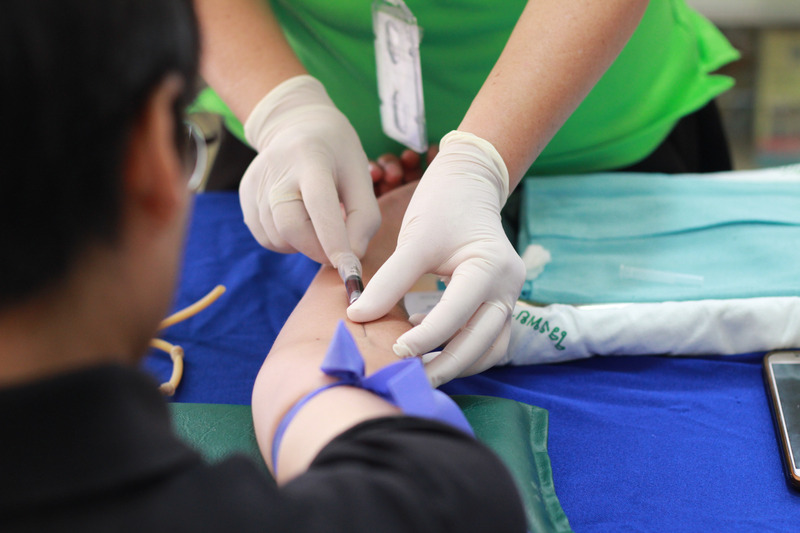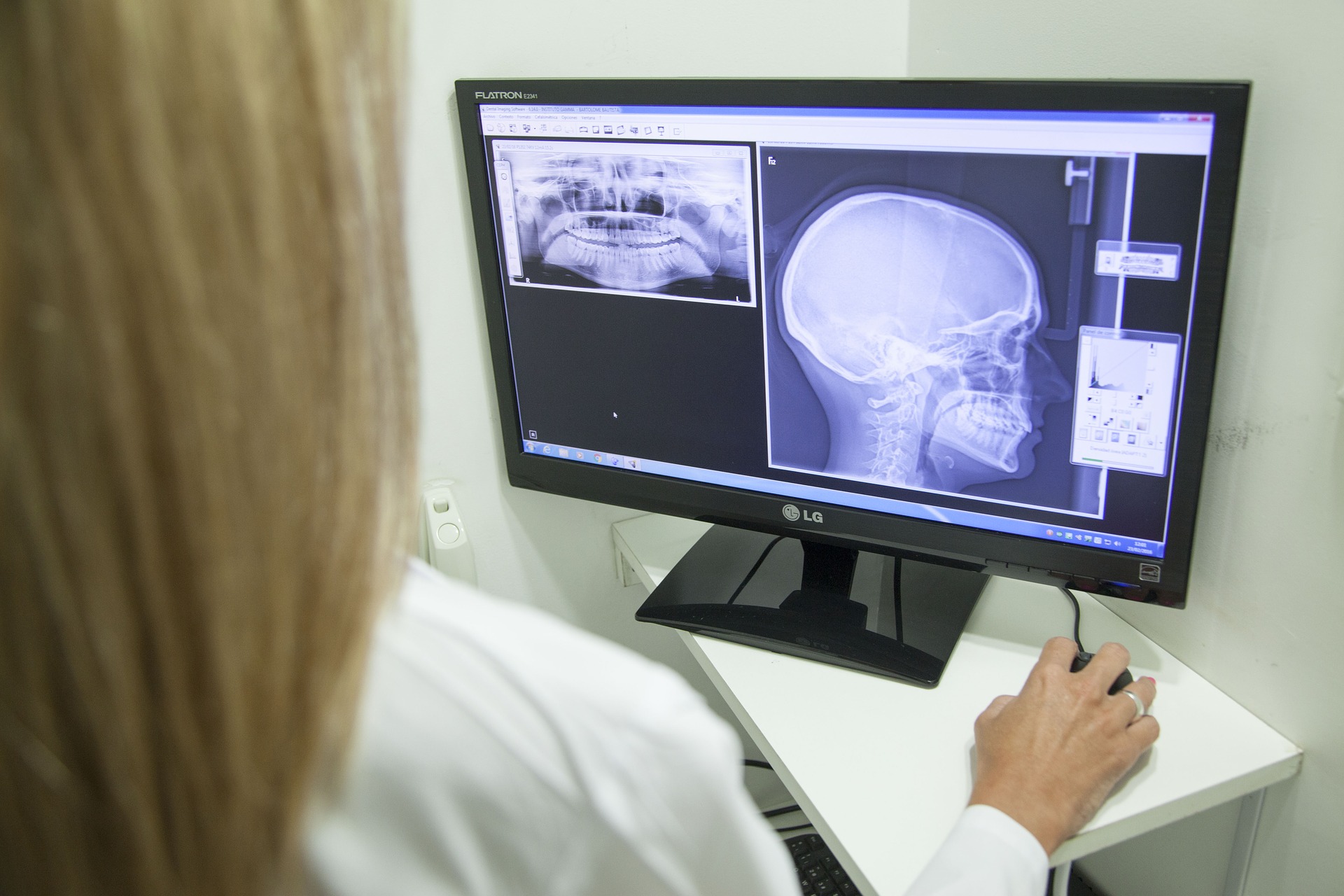A fracture to your hand will involve injury to the metacarpal bones – which are the bones in the palm of your hand that support the hand – or a fracture to one of your fingers (the phalangeal bones). In some instances, your hand fracture will just require casting and time to heal. In other instances, the fracture will be more severe and require surgery. This is especially so with fractures to your fingers. A malpractice claim with mistreatment to a fracture in your hand will often involve a delay in diagnosis and treatment to the fracture resulting in multiple complications and other problems.
What are the signs that you might have a hand fracture?
When you suffer a fracture to your hand or finger signs and symptoms that can indicate a fracture include: bruising or swelling, deformity, overlapping of your fingers, cuts to the skin around the injury, limited range of motion with the involved fingers, numbness in your fingers, severe pain that can worsen when you try and grip something or move your hand, and stiffness with your fingers. An examining doctor or nurse practitioner will check the joints near the injury for instability as well during their physical exam.
Beyond your signs and symptoms, the mechanism of your injury (how your injury happened) can be helpful in determining if you have a fracture. For example if you suffered a crushing injury to your hand, imaging studies such as X-Rays or MRIs should be ordered to rule out a fracture.
When would a malpractice claim arise when dealing with hand fractures?
Medical malpractice claims can arise when your treating doctor or nurse practitioner does not recognize the signs and symptoms of a fracture to your hand, or does not order imaging studies when the mechanism of your injury warrants them to at least rule out a fracture even if they do not suspect one. These claims will involve a delay in diagnosis and treatment which could have left you with a normally functioning hand or fingers.
A delay in treatment to a fracture to your fingers can result in the fracture healing in a poor position that cannot be fixed by surgery. In such cases you may not have much function with the finger which can affect the use of your entire hand. Such consequences can be devastating if your job requires the use of both of your hands. If you can get by on your job with one functioning hand there are still numerous every day activities that require the use of both of your hands such as tying your shoes, opening jars, etc.

Even if your fracture is recognized and diagnosed in a timely manner, there could be a malpractice claim regarding the treatment of it.
For example the severity of the fracture may not have been realized and immediate and necessary surgery not provided as a result. Or there could have been negligence with the surgery itself. In claims involving the surgery to fix the fracture, it will have to be determined whether the complications you now have from the surgery were a result of negligence and poor care, or are considered an unfortunate risk of the procedure that occurred without any negligence. Such a determination can be made through a review of the records and consultation with medical experts. The types of doctors and experts involved in these claims can vary depending on whether the claim involves a failure to diagnose the fracture, and negligence in treatment of a diagnosed fracture.
The Thistle Law Firm is experienced in handling claims involving misdiagnosis and mistreatment of fractures to the hand. If you or a family member believe you may have a medical malpractice claim as a result of poor treatment for a hand or finger fracture, the attorneys at the Thistle Law Firm are here to take your call and answer your questions at 215-525-6824.

